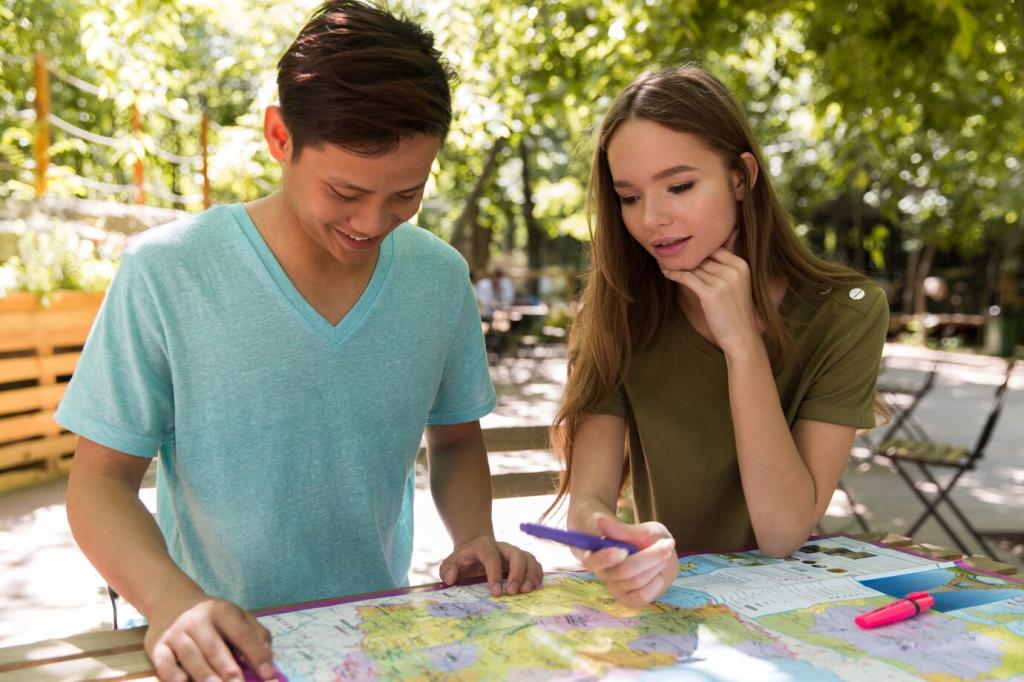How to Choose the Right Online Tour Guide Course
Look for courses that clearly state learning outcomes, assessment methods, and any recognition from respected tourism bodies or associations. A transparent syllabus and verifiable instructor credentials speak volumes about quality and relevance for aspiring tour guides online.
How to Choose the Right Online Tour Guide Course
Self-paced modules suit busy schedules, while live cohorts build accountability and camaraderie. Ensure closed captions, downloadable resources, and mobile-friendly platforms are available. If you plan to guide internationally, time-zone friendly sessions can make online learning sustainably manageable.
How to Choose the Right Online Tour Guide Course
Maya compared three online programs using a simple checklist: outcomes, mentorship, and portfolio support. She chose the one offering weekly feedback on scripts. Six months later, her first paid walking tour sold out, thanks to confidence built entirely online.
How to Choose the Right Online Tour Guide Course
Lorem ipsum dolor sit amet, consectetur adipiscing elit. Ut elit tellus, luctus nec ullamcorper mattis, pulvinar dapibus leo.





